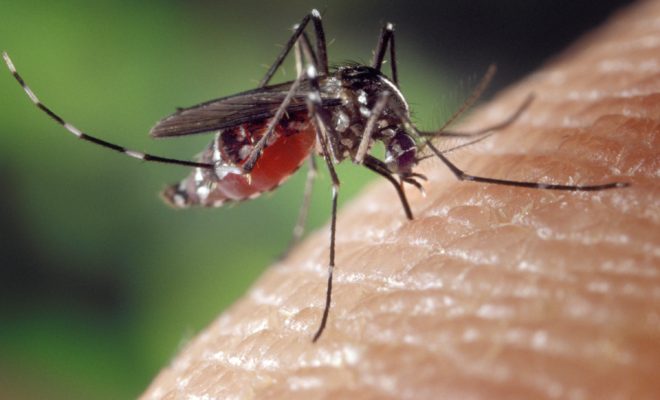
Health x Wellness
Zika Virus In Singapore: What You Should Know About It
With the recent outbreak of Zika virus cases in Singapore, let’s work towards keeping our loved ones safe from the infection.
The Ministry of Health (MOH) has recently confirmed 56 cases of locally transmitted Zika virus infection in Singapore, with 36 of these cases identified through active testing of potentially infected persons.
Presently, affected areas include Aljunied Crescent/Sims Drive, while Areas of Concern are as follows:
- Khatib Camp
- Sembawang Drive
- Kranji Road
- Joo Chiat Place
- Senoko South Road
- Toh Guan Road EastLor 101 Changi
Residents of the affected areas and areas of concern in Singapore are advised to monitor their health.
What is the Zika virus?
Zika is a mild disease that is transmitted by the bite of infected Aedes mosquitoes (which bite in the daytime). Symptoms may be similar to dengue fever, and include fever, skin rashes, body aches, joint pains, headaches and red eyes. The virus stays in the blood for a few days to a week after the infected person develops symptoms. However only one in five people would develop symptoms, and there are currently no specific anti-viral drugs or vaccines for Zika.
Precautionary measures against Zika
Those who must travel to areas of concern can protect against mosquito bites by taking the following precautions:
- Wear long, covered clothing
- Apply insect repellent
- Sleep under mosquito nets or rooms with wire-mesh screens to keep out mosquitoes
- Seek medical attention if you feel unwell
Travellers returning from countries with ongoing outbreaks should take the following precautions:
- Monitor their health for the next 14 days and consult doctor if any symptoms such as fever, skin rashes, joint and muscle pains, headaches and red eyes arise
- Adopt safer sexual practices (consistent and correct use of condoms)
- Consider abstinence from sex for at least eight weeks after return
- Male travellers could consider abstinence from sex with pregnant women throughout their pregnancy
Health precautions for pregnant women
Pregnant women who are infected by the Zika virus could suffer more serious consequences as the infection can cause microcephaly (neurological disorder resulting in incomplete brain development) in the unborn foetus. Pregnant women are advised to postpone their travels to countries with ongoing outbreaks or with reported local transmission of the virus. If they must travel to areas of concern in Singapore, they should take strict precautions against being bitten by mosquitoes.
Prevent mosquito breeding at home
According to the National Environment Agency (NEA), it is advised to follow this 5-step Mozzie Wipeout to prevent the spread of the Zika virus in your homes:
- Change water in vases and bowls on alternate days
- Remove water from flower pot plates on alternate days
- Turn over all water storage containers
- Cover bamboo pole holders when not in use
- Clear blockages and put BTI insecticide in roof gutters monthly
To prevent the spread of the Zika virus in Singapore, be sure to take these precautionary measures and seek necessary medical attention as soon as possible. For more updates and information on the Zika virus, visit here.









